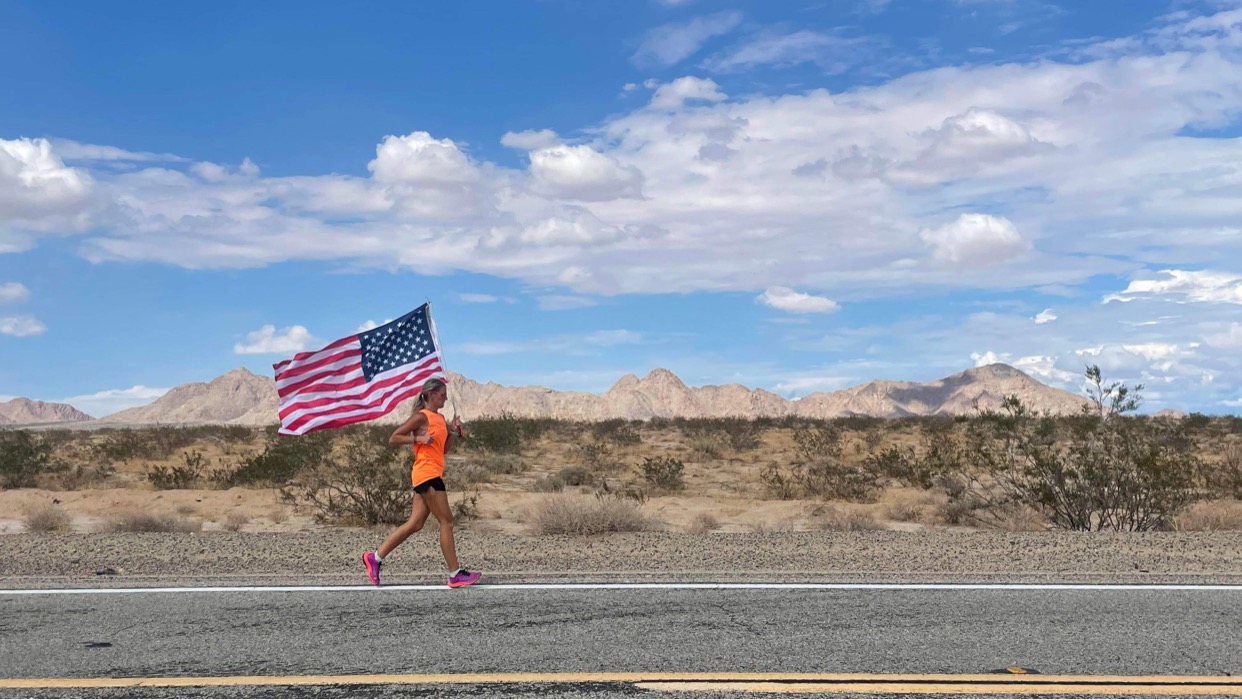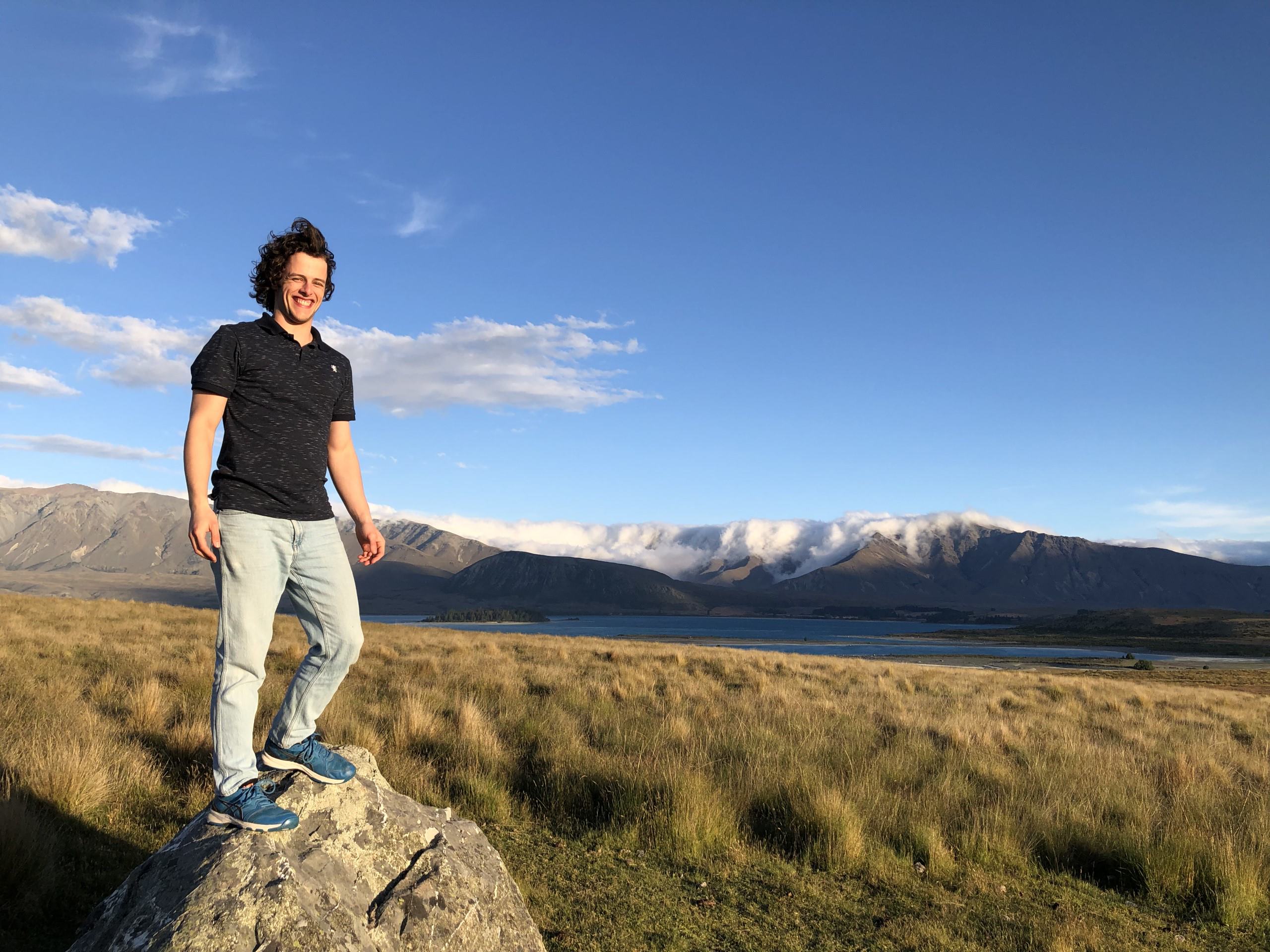
TV series ‘True Biz’ will star deaf actress Millicent Simmonds
July 28, 2021
Deaf entrepreneurs around the world
July 30, 2021Deaf Olympians in Tokyo

The 2020 Olympics are underway in Tokyo, Japan. Even though it’s 2021, the original dates were postponed due to COVID-19. Despite the pandemic still raging and spectators barred from events, the world’s premier athletes are competing and living out their dreams. Among them are two deaf Olympians: Drew Kibler and David Smith. And a late entry, Diksha Dagar, who made it to the Olympics after a last minute withdrawal.
Drew Kibler, Deaf Olympian Swimmer

The current psychology student at the University of Texas at Austin has amassed many records during his swimming career. on Tuesday, July 27, Kibler competed in the prelims of the 800-meter freestyle relay, in which he and his team members finished in 4th place.
Kibler came close to qualifying for three events at the Olympic Trials. His coach thinks he has yet to reach his full potential, so he may very well be competing in another Olympics. Kibler has admitted that he’s not thinking ahead to the 2024 Paris Olympics, but making this one leaves him wanting more.
Kibler’s coach told the IndyStar that he has “almost too many talents.” He’s won awards for photography and poetry. He draws and paints, and everyone thought he would be an engineer. He’s such a good student that he was recruited by Harvard and Stanford.
Current asked what he was most looking forward to about competing in the Olympics. “I am most looking forward to learning from all the incredibly talented and hardworking athletes and representing my country on the biggest stage in sport, which of course is realizing the largest goal I have ever had,” he said.
“I am most looking forward to learning from all the incredibly talented and hardworking athletes and representing my country on the biggest stage in sport.”
Read more: Notable deaf athletes you should know about
David Smith, Deaf Olympian Volleyball Player

This is Smith’s third Olympics. He won a bronze medal in 2018. Going into the Olympics, the U.S. Men were ranked number three in the world.
Now married with three kids, Smith told NBC Los Angeles, “I always knew I was different. I knew I was unique. But my parents made sure I was in class with the average kids and played sports with every other kid.”
The U.S. Men’s Volleyball Team has played two games so far. They won their first game against France, 3-0 on July 24. The next day, they lost to the Russian Olympic Committee, 1-3, but won the game against Tunisia on Wednesday. Next, he plays Brazil on Friday and Argentina on Sunday.
Diksha Dagar, Deaf Golfer
Diksha Dagar was second alternate for women’s golf. But a South African player tested positive for COVID and an Austrian player withdrew, opening up a spot for Dagar. The 20-year-old has had hearing problems since she was born. She started wearing hearing aids at six years old. Her brother also has a hearing loss. After going professional in early 2019, Dagar has become one of the top golfers in the country. Sportskeeda describes her golfing as “aggressive and fearless.”
Women’s Golf starts August 4.
Becca Meyers, Deaf-Blind Swimmer
Another Olympian with hearing loss has been in the news. Becca Meyers, who is Deaf-blind due to Usher syndrome, withdrew from the Tokyo Paralympics after being told by the United States Olympic & Paralympic Committee (USOPC) that she couldn’t bring a personal care assistant (PCA) to Japan. Even though her PCA is her mom, who has served as her PCA at all international meets since 2017. The USOPC told Meyers she didn’t need a PCA as there would be one for her and 33 other Paralympic swimmers.
Meyers, a six-time Paralympics medalist who was favored to win Gold in Tokyo, expressed her frustration on Twitter.
Heartbroken to share that I’m withdrawing from the Tokyo Paralympic Games. The USOPC has repeatedly denied my reasonable and essential accommodation because of my disability, leaving me no choice. Full statement below: pic.twitter.com/p9tKsbPip2
— Becca Meyers (@becca_meyers) July 20, 2021
Senator Maggie Hassan called on the USOPC to ensure that all athletes receive the accommodation and support they need to compete.
Meyers also penned an op-ed for USA Today, in which she said her decision to withdraw wasn’t impulsive. “It was agonizing,” she wrote. “I have trained for five years to get back to this point. I know my chances to swim for my country are coming to an end. But enough is enough. I need to speak up for the next athlete who is deaf-blind or disabled in another way. As Paralympians, we train as hard as our counterparts, the Olympians. We deserve the same quality and safety nets that our able-bodied teammates will receive in just a few days’ time.”
Read more: Notable deaf athletes you should know about



